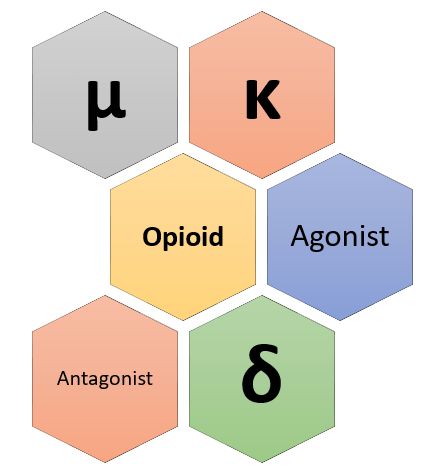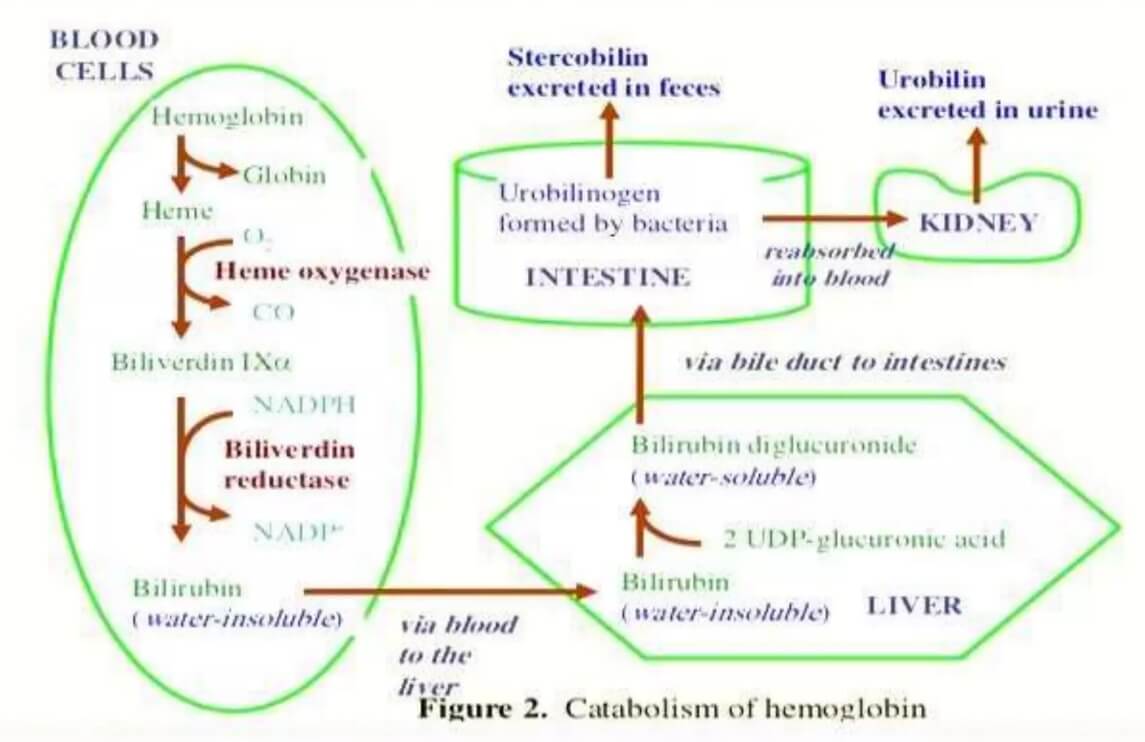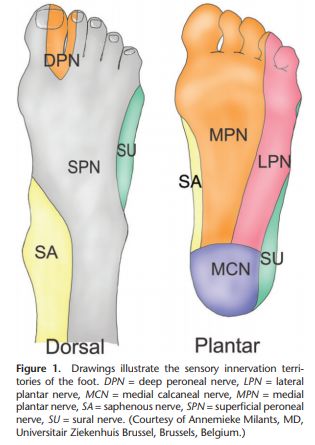Mnemonic: MORPHINES
1. Miosis
- Mechanism: Stimulation of Edinger-Westphal nucleus of Cranial nerve III
2. Orthostatic hypotension
- Mechanism: Vasodilation due to –
- Direct action decreasing tone of blood vessels
- Histamine release
- Depression of vasomotor center
3. Respiratory depression
- Mechanism: Inhibits respiratory center in a dose-dependent manner (neurogenic, hypercapneic and hypoxic drives in succession)
4. Physical/Psychological dependence and tolerance
- Mechanisms of tolerance:
- Pharmacodynamic (cellular tolerance) > Pharmacokinetic (enhanced rate of metabolism)
- Constipating and Miotic actions do not exhibit tolerance
- Mechanism of dependence: Mu receptor mediated
5. Histamine release
- Mechanism: Displacement (not degranulation) of histamine from mast cell granules
6. Increased ICP
- Mechanism: Increase in arterial carbon-dioxide tension
7. Nausea
- Mechanism: Sensitizes CTZ center to vestibular and other impulses
8. Euphoria
- Mechanism: DA release in nucleus accumbance
9. Sedation
- Mechanism: Stimulates mu receptors
10. Smooth muscle contraction
- Constipation: Increased tone of intestine; Spasm of sphincters and Decrease in GI secretions
- Biliary colic: Spasm of sphincter of Oddi
- Urinary urgency and difficulty in micturition: Increased tone of both detrusor and sphincter
- Bronchoconstriction: Histamine release
11. Serotonin syndrome (Tramadol)
- Mechanism: Inhibits reuptake of NA and 5-HT (also the mechanism for activation of monoaminergic spinal inhibition of pain)



